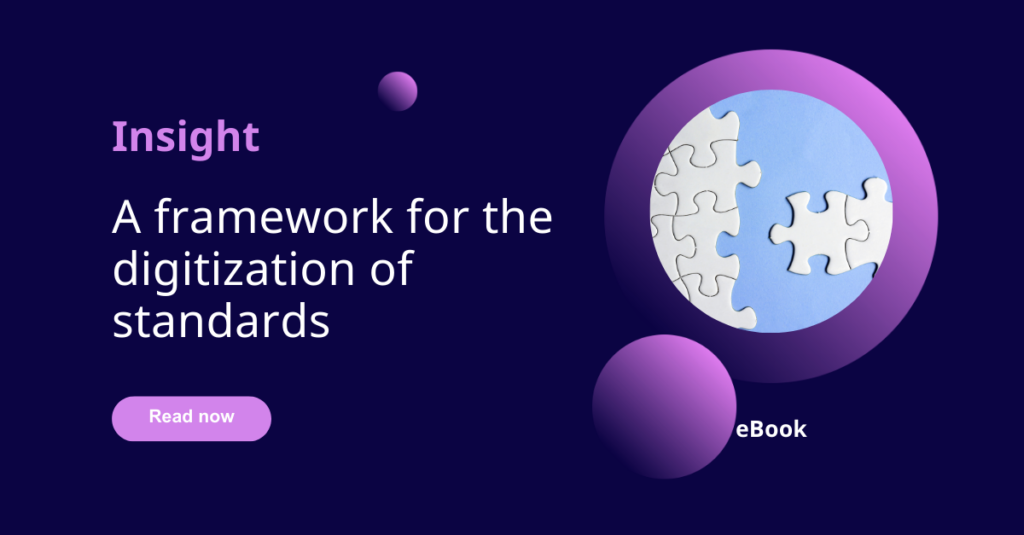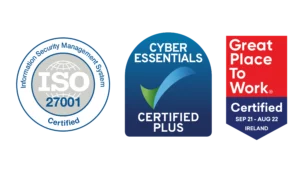Auditing and accounting professionals play a critical role in society. Assurance over reporting and disclosures is essential in maintaining the credibility of reporting and trust in our financial markets.
Recent reviews have found that while there has been some improvement in audit quality, a need has been identified to establish measures and controls that support high-quality audits as firms continue to grow with some earmarked for increased review. At the same time, there are resourcing and training needs that must be addressed.
In light of factors such as increasing digitization and globalization, today the consumption of standards material is both diverse in terms of formats and devices, and the ways in which professionals engage with guidance content that bolsters professional competence.
Auditors are trying to engage with vast amounts of material to identify requirements and meet their responsibilities. Ultimately, focusing on formats such as books and PDFs limits an organization’s ability to help them attain the standards required to protect financial markets.
Natural Language Processing (NLP) and Artificial Intelligence (AI)-driven technology allows material to be ‘profiled’ or tailored depending on the nature of the entity being audited.
1. Support AI-driven audits
Auditors face challenges such as a lack of awareness of evolving risk and skewed data samples. Natural Language Processing (NLP) and Artificial Intelligence (AI)-driven technology allows material to be ‘profiled’ or tailored depending on the nature of the entity being audited. This not only improves auditor judgment, it increases access to, and the adoption of useful guides, case studies and examples. Static document formats do not support this.
2. Integrate content into auditor workflows
3. Optimize for the modern workforce
Last time, I wrote that today’s information-seeking behaviors are trending towards concise snippets that are relevant and targeted. Accounting research platforms do not always deliver rich search results, make it easy to navigate guidance material, or meet users’ needs. The result is that experts are turning to search engines instead of the research platform in order to find answers. It’s difficult to imagine life without Google however, verifying the quality of information is hard. This runs the risk of using incorrect or unapproved material. Regulators need to be able to break up content and find new and more agile ways to deliver it so that it meets the needs of the modern workforce.
4. Enable better collaboration
Some authoring tools prevent more than one expert from drafting content at once, whether that’s due to the size of the document or the nature of the tools. As well as potentially creating delays or time pressure, this restricts the review process, particularly for international bodies which require more inputs. Allowing for increased feedback on, and contribution to, a piece of work will increase its quality as well as driving more efficient processes.
5. More frequent updates
6. Deliver greater impact and scope of standards
Environmental, social and governance (ESG) strategic initiatives aim to build skill sets around sustainability and present opportunities for the profession to be a leading voice in the area as disclosure and reporting standards are established.
While ESG investing is being called into scrutiny, there can be little doubt of the continuing interest in issues such as climate change and sustainability, and it is important that accountants and auditors have the tools to understand their role in these wide-ranging initiatives that have been the biggest change in the profession in the last 20 years.
Regulators need to be able to break up content and find new and more agile ways to deliver it.
Strengthen access to quality information
Delivering more flexible and agile content starts with a centralized platform for international bodies where professionals can collaborate and work with content in a fine-grained way. Local professional bodies, meanwhile, can append or amend in a controlled manner. Improving controls around the update cycle, such as the ability to reuse content, reduces the risk of inconsistent guidance. Simultaneously, audit firms benefit from improved outputs and research platforms that better support the modern accountant and auditor. At a time of increased scrutiny on the industry, accountancy regulators can cultivate auditor judgment by strengthening access to the highest-quality material.


